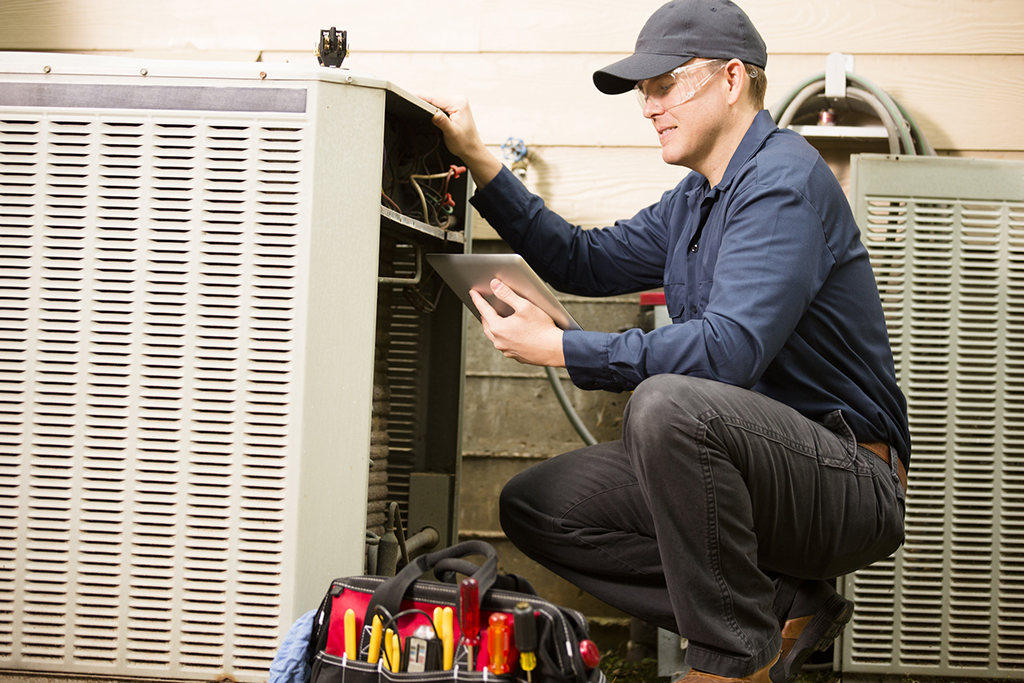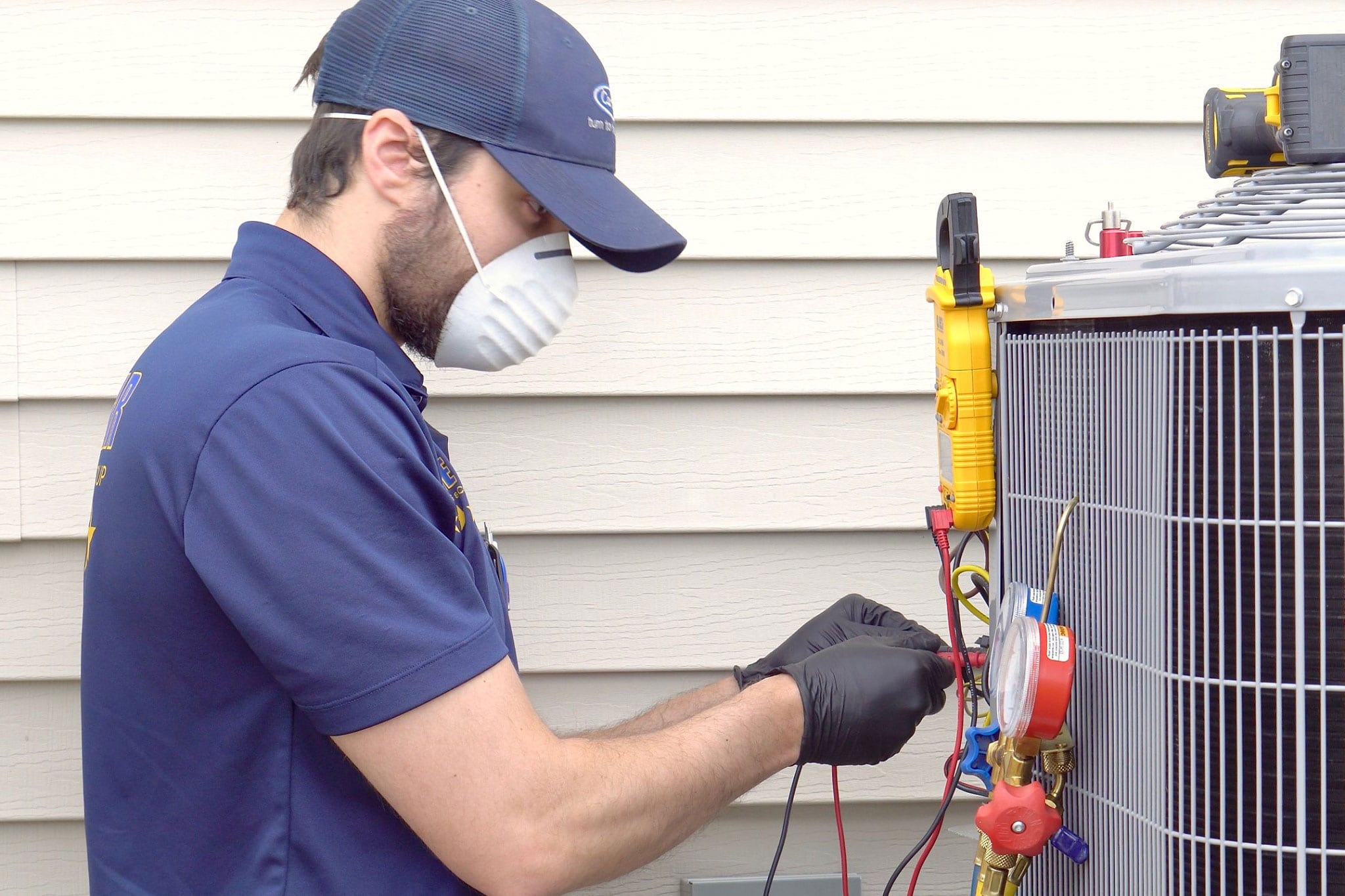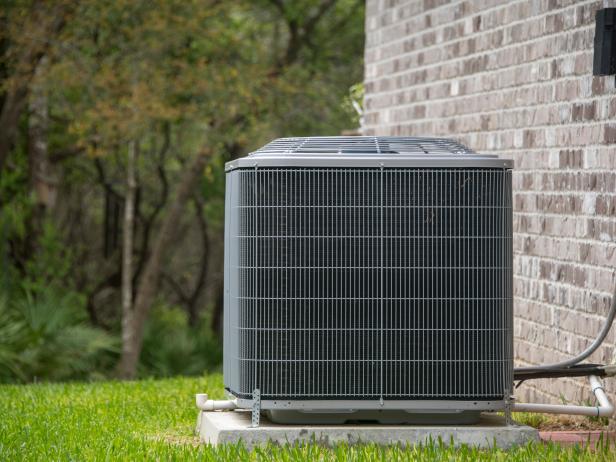When it pertains to your cooling system, dealing with water leakages resembles placing a plaster on a wound - needed for peak functioning. Wondering why your air conditioner is trickling water? Allow's explore the surprise reasons behind this usual concern, decipher functional solutions to fix leakages, and understand the relevance of timely repair services.
Remain tuned to discover the trick to preserving a cool, leak-free atmosphere in your house.
Trick Takeaways
- Regular maintenance protects against air conditioner water leakages by unclogging drainpipe lines.
- Prompt fixings and evaluations expand unit lifespan and protect against mold growth.

- DIY troubleshooting includes checking filters, pumps, and condensate lines.
- Professional help makes certain proper drainage and addresses underlying concerns properly.
Usual Reasons For AC Water Leakages
One typical reason your a/c device may be leaking water is because of a stopped up condensate drainpipe line. To avoid this concern, routine maintenance is very important. You can stay clear of obstructions by regularly flushing the drainpipe line with a combination of bleach and water. This straightforward maintenance pointer helps maintain the line clear, permitting water to move freely and lowering the danger of leakages.
If you see water merging around your air conditioner system, it is necessary to deal with the problem without delay. Ignoring the issue can cause water damage and mold and mildew growth. In many cases, you may need expert aid to unclog the drain line effectively. A certified service technician can examine your unit, clear any clogs, and make sure proper drain.
Just how to Recognize a Water Leak
If you see water pooling around your air conditioning system, a common indication of a leakage, it's important to quickly identify the resource of the issue. Drip detection is vital in protecting against more damages to your air conditioning system. Begin by looking for any noticeable indicators of water leakage, such as puddles or trickles around the unit. Inspect the drainpipe line for obstructions or blockages that may be creating water to support. Furthermore, look for any kind of fractures or holes in the condensate pan that could be enabling water to get away.
Condensation administration is one more essential facet of identifying a water leakage. Ensure the condensate line is appropriately connected and draining as it should. In some cases, inappropriate setup or damages to the line can result in leaks. Check the insulation around the line too, as any kind of deterioration might create condensation to develop in unexpected locations.
DIY Troubleshooting Tips
Wondering exactly how you can repair water leakages from your a/c device on your own? Below are some DIY fixing tips to help you attend to the concern properly:
- Examine the Filter: Start by examining and cleaning up the air filter. A stopped up filter can restrict air flow, causing ice build-up and ultimately creating water leaks.
- Inspect the Condensate Pump: Ensure that the condensate pump, in charge of eliminating excess wetness, is operating correctly. If it's not working, water may collect and leakage.
- Try to find Obstructions: Look for any kind of obstructions in the condensate drain line. Debris or algae accumulation can hinder correct water drainage, resulting in leaks.
- Check Out the Refrigerant Levels: Low cooling agent levels can create the evaporator coil to freeze, resulting in water leak. If you believe this concern, contact a specialist for aid.
- Display the Thermostat Settings: Incorrect thermostat settings can create the system to run longer than required, possibly creating too much condensation. Adjust the setups to make certain peak efficiency and stop leaks.
Significance of Timely Services
Dealing with water leakages from your a/c system quickly is essential to stop more damages and keep peak performance. Timely repairs supply considerable advantages, including expanding the lifespan of your system, boosting energy efficiency, and preventing pricey water damage to your home. Ignoring these leaks can cause mold and mildew development, architectural wear and tear, and prospective carcinogen.
To ensure your a/c unit operates efficiently, normal upkeep is necessary. Straightforward maintenance ideas such as cleaning or changing air filters, looking for blocked drain lines, and evaluating the condensate pan can aid stop water leakages. In addition, organizing expert inspections at least annually can capture any type of possible concerns at an early stage and prevent them from escalating right into major troubles.
Stopping Future Water Leaks
Interested how you can proactively stop future water leakages from your a/c device? Here are some crucial steps to help you maintain your unit and avoid possible problems:
- Normal Maintenance Schedule: Establish a routine maintenance timetable with an expert HVAC specialist to ensure your device is correctly checked and serviced.
- Clean the Condensate Drain: Consistently inspect and clean up the condensate drain to prevent clogs that can lead to water leaks.
- Evaluate Insulation: Check the insulation around your cooling system to make sure it's intact and correctly secured, protecting against condensation build-up.
- Replace Air Filters: Routinely change or tidy air filters to prevent dust and debris from blocking airflow and causing leaks.
- Screen Water Levels: Watch on the water levels in the condensate pan to discover any type of unusual rises, indicating a possible issue that needs attention.
Regularly Asked Inquiries
Can Water Leaks From an Air Conditioning Device Reason Damage to the Surrounding Walls and Floors?
Water leaks from any type of device can bring about significant damages. Protecting your flooring is necessary when handling leaks.
Implement safety nets to avoid potential issues. Waterproofing options can assist protect against comprehensive wall surface damages.
Be positive in addressing leaks to protect your home's framework.
Are There Any Kind Of Health And Wellness Dangers Associated With Water Leakages From a Cooling Device?
When it concerns health implications, water leaks from your a/c system can cause mold and mildew development, which can set off allergic reactions and respiratory system concerns. To avoid this, assurance routine upkeep of your system and quickly attend to any type of leaks.

Additionally, be alert concerning indications of water damages, as it can endanger your interior air quality. Routinely looking for leakages and addressing them quickly can help maintain a healthy and balanced living environment.
Just How Can I Determine if the Water Leak From My Air Conditioner Device Is a Minor Issue or a Significant Problem Requiring Expert Fixing?
When examining water leakages from your a/c unit, you can start with do it yourself repairing like looking for obstructions or leaks in the drain system. If concerns persist, it's important to consider a specialist evaluation for a much more accurate medical diagnosis.

While quick fixes may offer short-lived relief, long-term solutions typically require the knowledge of a trained service technician to stop future troubles and ensure your system's finest efficiency.
Is It Possible for Mold or Mildew to Develop as a Result of a Water Drip From an A/c System?
Yes, mold and mildew avoidance is essential when handling water leakages from your air conditioning unit. Regular upkeep and leakage detection are crucial to preventing mold or mildew growth.
Exist Any Prospective Electrical Threats That Can Emerge From Water Leaks in a Cooling Unit?
Possible hazards from water leakages in an a/c system can include electric safety and security dangers. When water enters call with electric components, it can result in short circuits, electrical fires, or damage to the system.
It's essential to address any leaks promptly to avoid these dangers. Regular upkeep and examinations can help you determine and deal with any kind of issues before they rise into even more substantial troubles.
Conclusion
Do not ignore water leaks from your air conditioner system. Resolving them quickly can assure pricey damage and see to it your system runs efficiently.
Bear in mind to frequently check your device, clean the condensate line, and change filters as needed. Taking these basic actions can help you prevent possible migraines later on and keep your home cool and comfy.
Remain proactive and keep your air conditioner in top form! home ac repair

